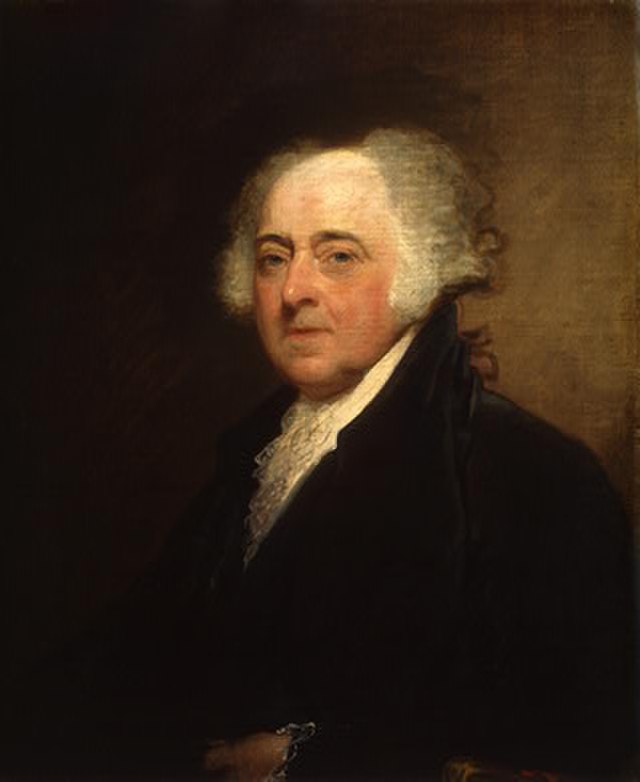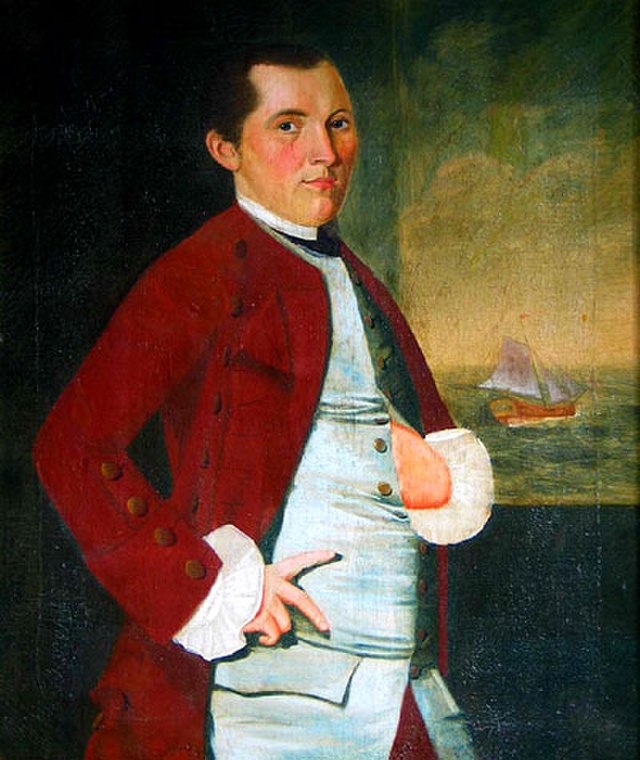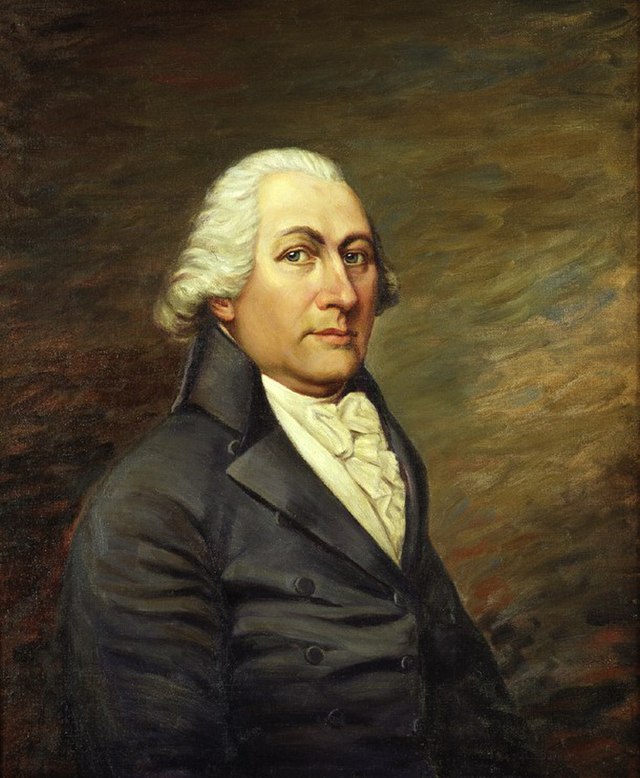John Adams of Massachusetts was the greatest champion of the Continental Navy amongst the Congressional delegates, and as such is one of three individuals commonly considered to be a Father of the U.S. Navy, along with the privateering Captain John Paul Jones and Commodore John Barry. He was one of the initial three members of the Marine Committee, alongside Silas Deane and John Langdon. Together with Benjamin Franklin, he was principally responsible for editing Thomas Jefferson’s initial draft of the Declaration of Independence.
Robert Morris of Pennsylvania was the Superintendent of Finance, who served for a time as the acting “Agent of Marine” and was responsible for civil administration of the Continental Navy.
Joseph Hewes of North Carolina was appointed Secretary of the Naval Affairs Committee in 1776 and supplemented the fledgling navy with his own fleet, supplies, and handpicked officers, including John Paul Jones. John Adams himself credited Hewes with laying the foundation for the U.S. Navy.
William Whipple of New Hampshire was a former sea captain before he became a Brigadier General in the New Hampshire Militia. He relayed the news of victory at Saratoga to John Paul Jones, who in turn passed it along to Benjamin Franklin, who was able to leverage this fact to obtain French naval support.
Elbridge Gerry of Massachusetts leveraged his family’s prosperous merchant fleet to secure supplies and fund privateering.
Stephen Hopkins of Rhode Island was the brother of Esek Hopkins, who served as Commander-in-Chief of the Continental Navy and represents another contender for the title of Father of the US Navy.
Conspicuously absent from the document are John Adams’ two colleagues from the recently established Marine Committee, Silas Deane of Connecticut and John Langdon of New Hampshire. Both were originally members of the Second Continental Congress but withdrew to serve the Secret Committee of Congress, then under the auspices of Robert Morris, in procuring supplies for the war effort.









